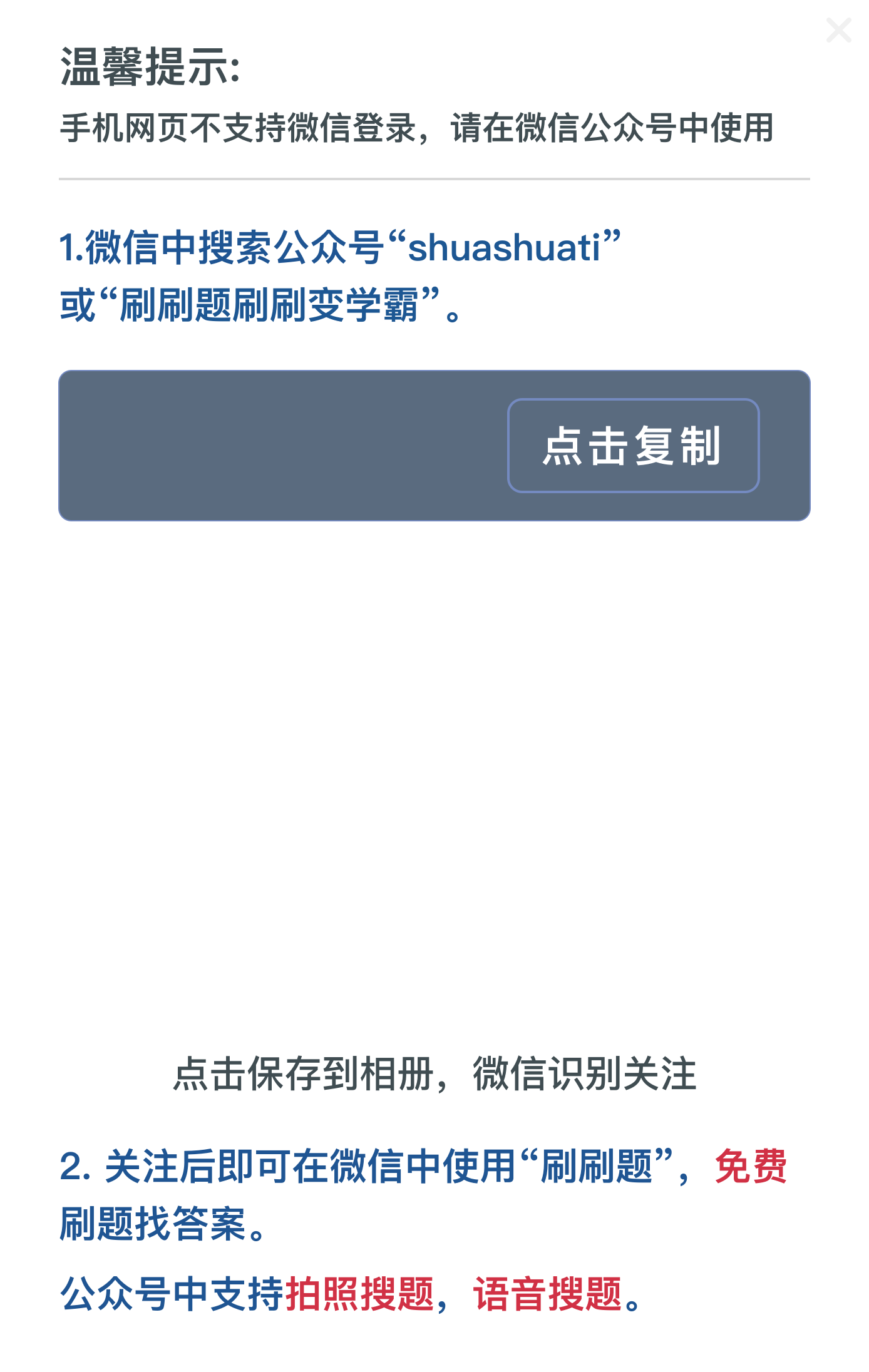
找答案
首页
【单选题】
Passage Two
The students’ criteria for selecting majors today have much to do with ______.
| According to a survey, which was based on the responses of over 188,000 students, today’s traditional-age college freshmen are "more materialistic and less altruistic (利他主义的)" than at any time in the 17 years of the poll. Not surprisingly in these hard times, the students’ major objective "is to be financially well off. Less important than ever is developing a meaningful philosophy of life." It follows then that today the most popular course is not literature or history but accounting. Interest in teaching, social service and the "altruistic" fields is at a low. On the other hand, enrollment in business programs, engineering and computer science is way up. That’s no surprise, either. A friend of mine (a sales representative from a chemical company) was twice the salary of her college instructors during her first year on the job even before she completed her two-year associate degree. While it’s true that we all need a career, it is equally true that our civilization has accumulated an incredible amount of knowledge in fields far removed from our own and that we are better for our understanding of these other contributions, be they scientific or artistic. It is equally true that, in studying the diverse wisdom of others, we learn how to think. More importantly, perhaps, education teaches us to see the connections between things, as well as to see beyond our immediate needs. Weekly we read of unions who go on strike for higher wages, only to drive their employer out of business. No company; no job. How shortsighted in the long run! But the most important argument for a broad education is that in studying the accumulated wisdom of the ages, we improve our moral sense. I saw a cartoon recently which shows a group of businessmen looking puzzled as they sit around a conference table; one of them is ta]king on the intercom (对讲机): "Miss Baxter," he says, "could you please send in someone who can distinguish right from wrong" From the long-term point of view, that’s what education really ought to be about. |
A.
the influences of their instructors
B.
the financial goals they seek in life
C.
their own interpretations of the courses
D.
their understanding of the contributions of others
参考答案:
登录免费查看参考答案
参考解析:
登录免费查看参考解析
知识点:
登录免费查看知识点
答题技巧:
登录免费查看答题技巧
被用于:
暂无被用于


刷刷题刷刷变学霸
相关题目:
【单选题】According to a survey, which was based on the responses of over 188, 000 students, today’s traditional- age college freshmen are "more materialistic and less altruistic (利他主义的) "than at any time in th...
【单选题】According to a survey, which was based on the responses of over 188,000 students, today’s traditional-age college freshmen are "more materialistic and less altruistic (利他主义的) " than at any time in the...
【单选题】小型对讲机性能优良,体积小,()十分广泛。
【单选题】According to a survey, which was based on the responses of over 188,000 students, today’s traditional-age college freshmen are "more materialistic and less altruistic (利他主义的)" than at any time in the ...
【单选题】对讲机;小灵通
【单选题】Passage Two According to a survey, which was based on the responses of over 188,000 students, today’s traditional-age college freshmen are "more materialistic and less altruistic (利他主义的)...
【单选题】According to a survey, which was based on the responses of over 188,000 students, today’s traditional-age college freshmen are "more materialistic and less altruistic (利他主义的)" than at any time in the ...
【单选题】送单员使用的对讲机为()频道。
【单选题】According to a survey, which was based on the responses of over 188,000 students, today"s traditional-age college freshmen are "more materialistic and less altruistic (利他主义的 )" than at any time in the...
【单选题】通过长按(),启动对讲机。

刷刷题刷刷变学霸